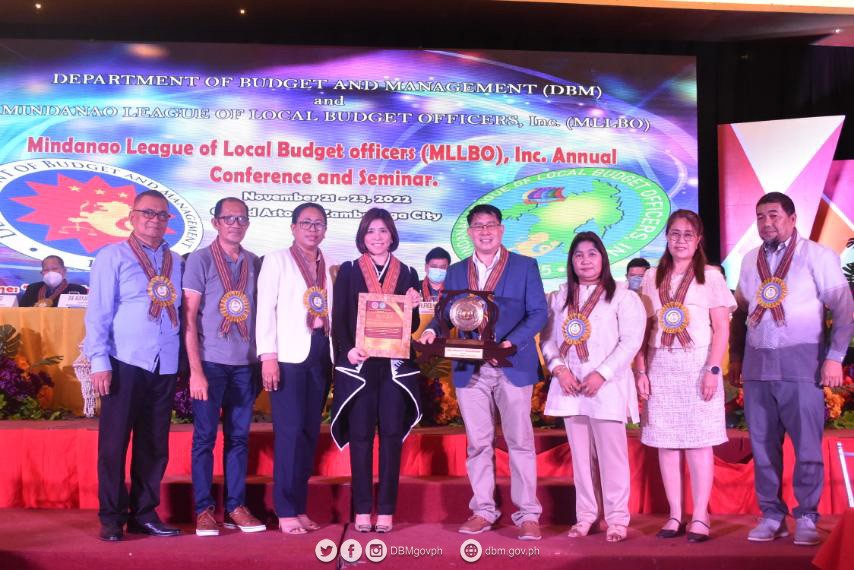A New Era of Financial Inclusion in Pakistan
The introduction of a digital portal for investing in government securities marks a significant and positive shift in Pakistan’s financial landscape. This initiative, which allows citizens to directly invest in government papers through an online platform, represents a bold move towards greater financial inclusion, transparency, and accessibility. It is a rare example of governance that aligns with the needs of the broader population.
For many years, opportunities to invest in government securities have been limited to a select group of individuals, often those with access to traditional banking systems or connections within the financial sector. This exclusivity has been reinforced by bureaucratic hurdles and inefficiencies, making it difficult for the average citizen to participate. The digitisation of this process changes that dynamic, opening up new avenues for investment for a wider audience, including the middle class and overseas Pakistanis. By doing so, it empowers individuals to take an active role in shaping the country’s economic future.
This development also has the potential to bridge the gap between the government and its citizens. Instead of being passive taxpayers, people can now become engaged economic stakeholders. This shift not only strengthens their connection to the national economy but also fosters a sense of ownership and responsibility.
Reducing Corruption and Enhancing Transparency
One of the most critical benefits of this digital initiative is its ability to reduce corruption and manipulation. Traditional methods of investing in government securities often involved multiple intermediaries, creating opportunities for misuse and mismanagement. By automating the process and making transactions more transparent, the new system minimises the room for such practices. This is particularly important in an economy where leakages and inefficiencies have long undermined public confidence in financial institutions.
Moreover, the digitisation of investments makes it easier to trace accountability. With clear records and real-time data, it becomes harder for unscrupulous actors to exploit the system. This level of oversight could lead to a more equitable and trustworthy financial environment, encouraging more people to engage with the formal economy.
Long-Term Impacts on Economic Behavior
In the long run, initiatives like this can have a transformative effect on public attitudes toward savings and investment. As more people gain access to these opportunities, they are likely to develop a better understanding of financial instruments and their role in economic growth. This can foster a culture of financial literacy, which is essential for building a resilient and informed citizenry.
Additionally, such efforts can strengthen the government’s fiscal base. By increasing participation in the bond market, the state can raise more capital for development projects and public services. This, in turn, can lead to improved infrastructure, better social services, and overall economic stability.
Building Trust Through Shared Interests
Ultimately, the launch of this digital portal lays the foundation for a more transparent and trusting relationship between the state and its citizens. Rather than relying on coercion or suspicion, this approach builds a partnership based on shared economic interests. It signals a commitment to modernisation and accountability, which are crucial for sustainable development.
As Pakistan continues to navigate the challenges of economic reform, initiatives like this offer a glimpse into a future where financial opportunities are more widely accessible, and the relationship between the government and its people is built on mutual respect and collaboration.
